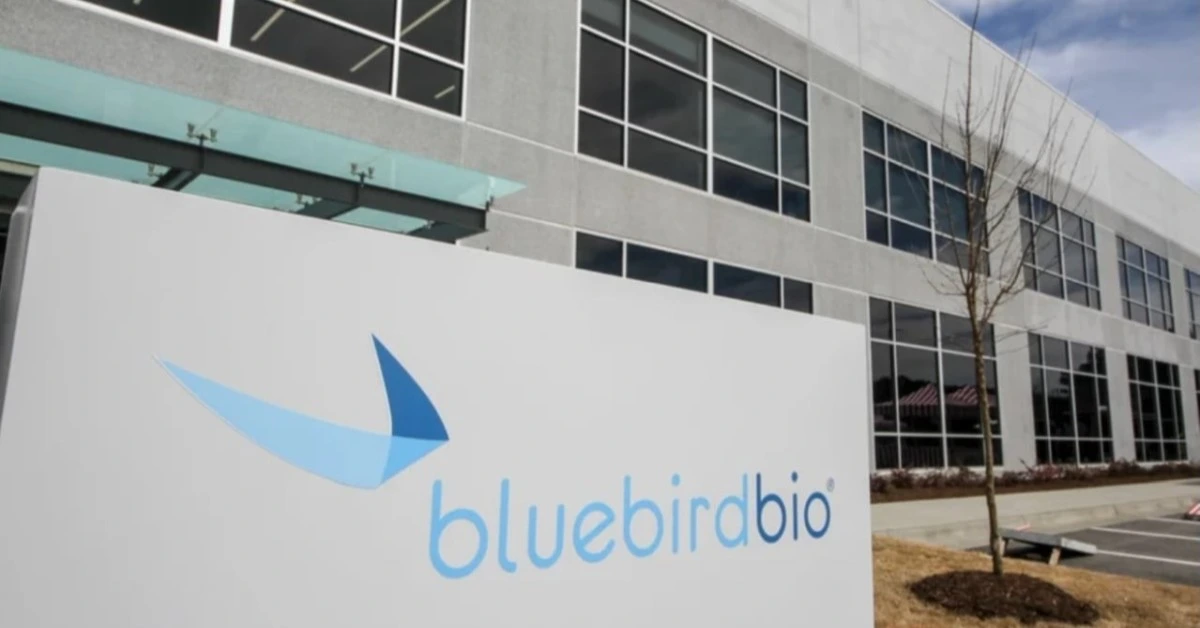
USA – Bluebird Bio, a biotech company specializing in gene therapies, revealed in its third-quarter report that it is facing critical financial challenges.
The company must secure additional funding to sustain operations beyond early 2025, despite signs of progress in its commercial pipeline.
“Based on our current forecasts, which assume continued cost-saving initiatives, successfully renegotiating key contracts, and ongoing collaboration with Hercules, we expect our existing cash and cash equivalents will enable us to fund operations into the first quarter of 2025,” stated James Sterling, Chief Financial Officer, during an earnings call.
The company, which ended September with US $118.7 million in cash and cash equivalents (including US $48 million in restricted cash), has seen a stark decline from its 2018 peak of US $1.6 billion.
Earlier this year, Bluebird secured a US $175-million term loan from Hercules Capital, initially projected to extend its cash runway by 24 months. However, the company has had to take drastic measures to reduce expenses.
In September, Bluebird announced a restructuring plan that included reducing its workforce by approximately 25%, affecting nearly 100 employees.
“The decision to reduce our workforce in support of a more focused set of priorities was made following a detailed review of the needs and capabilities of our organization,” explained CEO Andrew Obenshain.
The restructuring aims to cut operating expenses by 20% and achieve cash flow break-even by the second half of 2025.
However, the company acknowledged “substantial doubt regarding the company’s ability to continue as a going concern,” a warning it has flagged for several years.
Commercial momentum amidst challenges
Despite financial headwinds, Bluebird is seeing growth in its gene therapy portfolio.
In 2024, the company completed 57 patient starts across its three therapies: Zynteglo for beta-thalassemia (35 starts), Lyfgenia for sickle cell disease (17 starts, up from four in Q2), and Skysona for cerebral adrenoleukodystrophy (five starts).
Tom Klima, Chief Commercial and Operating Officer, highlighted the momentum, stating, “We have 30 patient starts already scheduled for 2025, with the vast majority in the first quarter. So far, the conversion rate from scheduled to treated patients is essentially 100%.”
Looking ahead, Bluebird plans to double capacity for Lyfgenia by 2026 to meet anticipated demand, building on its growing network of over 70 qualified treatment centers (QTCs) in the U.S.
Financial strategy and market challenges
Bluebird’s financial strategy includes amendments to its Hercules Capital loan agreement, allowing it to access additional funds if it secures US $75 million in external financing by December 2024.
CFO James Sterling noted, “That’s not necessarily the cash we’re seeking, nor do we necessarily feel we need those tranches to get there.”
Bluebird faces stiff competition in the gene therapy market. Lyfgenia, its sickle cell therapy approved in late 2023, has yet to gain a clear edge over Vertex and CRISPR Therapeutics’ rival product, Casgevy.
Meanwhile, the company only records revenue upon product delivery, creating a significant delay between patient starts and cash flow.
“The timeline underscores that converting starts into deliveries and revenue is really an element of time as we execute our plan in these early phases of launch,” said Klima.
Since its founding in 1992, Bluebird has focused on potentially curative gene therapies for rare diseases.
Despite launching three commercial therapies, the company has never achieved profitability and has accumulated a deficit of US $4.3 billion as of the end of 2023.
XRP HEALTHCARE L.L.C | License Number: 2312867.01 | Dubai | © Copyright 2025 | All Rights Reserved